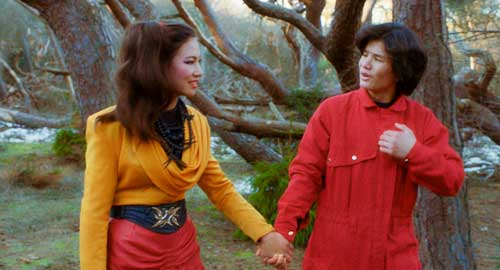
“I really love to create a world that is so similar to the real one.” – Shahrbanoo Sadat
Afghan Director Shahrbanoo Sadat won a prize at the Director’s fortnight in Cannes in 2016 for her film debut, Wolf and Sheep, a story about shepherd children living in the mountains of central Afghanistan. In 2019, Sadat directed a sequel. It is called The Orphanage and it follows the life of one of the children from her original film Quodrat. Like Wolf and Sheep, Sadat shot The Orphanage in Tadjikistan. Quodrat is now a teenager played again by Quodratollah Qadiri. The story takes place in Kabul during the 1981 Russian occupation. Both Quodrat’s parents are dead. The young man is obsessed with Bollywood movies. Arrested for selling cinema tickets on the black market he is made to live in a Soviet-run orphanage.
Behind the safe walls of the orphanage, the world Quodrat once knew is changing as the Mujahideens start the civil war.
The Global Search for Education is pleased to welcome Shahrbanoo Sadat.
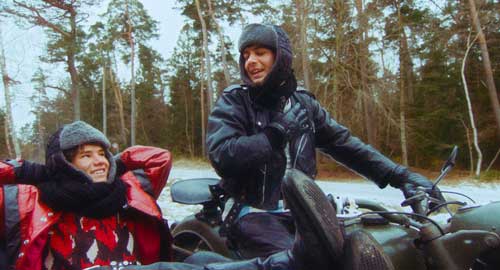
“I don’t use the script on set and my actors improvise all the time.” – Shahrbanoo Sadat
Shahrbanoo, you’ve spoken about your desire to show the everyday stories of Afghanistan, an Afghanistan that the world doesn’t really know. How much of your own personal experiences growing up in a village in Afghanistan influence your storytelling?
I started filmmaking with cinema vérité. I completely fell for it. Those two words, reality and truth, have always been with me since that time. I adore observational cinema. It’s strange to me why I shifted to fictional cinema rather than documentary. Although I don’t hesitate to borrow elements from documentary cinema whenever I need them. I see myself as a kind of free daughter of cinema vérité. I really love to create a world that is so similar to the real one. Maybe that’s why I invest a lot of time in casting. I don’t use the script on set and my actors improvise all the time. I think casting is a very important part of my work. If the right people are cast, then the wheels are on the road.
Afghanistan has no cinema industry, but in the eyes of international filmmakers it is always a darling. Filmmakers in other countries have premieres in major film festivals like Cannes and Berlin. They even receive Academy Awards like the short film last year. I personally never ever relate with such movies. They have things in common. They are cliches. The story stays on the surface. They just reproduce the same picture the world has already seen from Afghanistan, i.e. another third world country in a war with poor people who suffer from it. The story line never goes anywhere else. Oh no! It goes. The other direction is making heroes out of people, especially the women who are fighting for their families and their societies. I am a hard core critic about such movies. I think my obsession with showing real life by showing everyday life comes from that, at least a big part of it.
I want to make Afghan movies for international audiences including Afghan people. I think Afghanistan is a rich county in terms of stories and it deserves to be portrayed better. Afghanistan may have its own cinema one day. Maybe in the next 50 years? But for sure, I am just talking about such movies. That is a film that has a completely Afghan identity and that has an Afghan soul.
The Orphanage follows the life of one of the children (Qodrat) in Wolf and Sheep (which won a top prize at Cannes in 2016). What inspired you to make the sequel?
Everything was planned before shooting my debut film, Wolf and Sheep. I met my friend Anwar Hashimi in 2008 and he told me about his idea of writing his life story. He didn’t feel confident enough doing it on his own as he didn’t see himself as a writer. We made a deal. He would write 8 pages every day and email them to me the next day. He did this for one year. I collected 800 pages of his text. When I read them my mind totally blew up. I didn’t know he could write so beautifully. I think he didn’t realize either. I fell for his text. It was written so simply but at the same time it was so poetic, so political, so personal and so honest. I told Anwar immediately that I wanted to make five films out of it. Maybe because his text was about five chapters of his life. Anwar accepted and I started my pentalogy project. At the moment, I am working on the third part and two more are on their way.
I got very good feedback about the work from people and festivals all around the world but not in Afghanistan. Ordinary people liked it a lot but critics and filmmakers didn’t like it. They didn’t like the Bollywood part which I personally liked a lot. They think my films are not Afghan enough because I don’t shoot inside Afghanistan. Honestly, I don’t care about their opinion. I know I am going in the right direction.
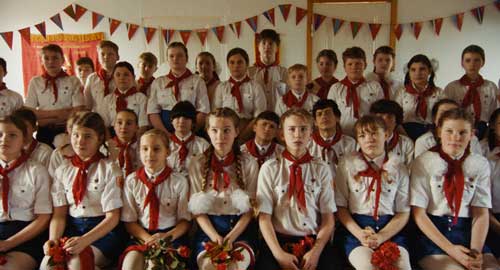
“I want to make Afghan movies for international audiences including Afghan people.” – Shahrbanoo Sadat
Why did you decide to cast Quodratollah Qadiri, now a teenager, in the role again? What do you think are some of the important lessons we learn through Quodrat’s eyes as your history of Afghanistan unfolds?
I considered more than 20,000 children in different high schools in Kabul in a year. I found other children but I couldn’t find my main role. Then I thought about Qodrat, my child actor from my previous film. I traveled to central Afghanistan and I visited him. He had grown up like magic beans. Even his voice had changed. I couldn’t recognize him in the beginning. After I talked to him, I was sure he should play Qodrat again. And then I cast Sediqa, the other child actor from Wolf and Sheep. She played the role of the “girl in the dream” in the Bollywood parts of the movie.
Lessons? Qodrat is not really a classic main character. He is there and we are there because of him and that’s it. He opens the door for us to be able to observe that world. I wanted to show the life of children in that period of time and how the war surprised them so suddenly. 1989 was a very political year in the history of Afghanistan. It was the year the Soviets left Afghanistan after almost 10 years. It was the year when the Afghan government started peace negotiations with Mujahideen. It was the year Mujahideen felt more confident after the Soviets left and dared to attack Kabul more and more until the government collapsed in 1992 and they took Kabul. The peace negotiations between the USA and the Taliban are taking place right now. The country is on the edge again and there is a huge risk that the Taliban will rule the country and make Afghanistan into an Islamic emirate. USA forces are leaving Afghanistan. Many Afghans have left the country. No one can really see any future.
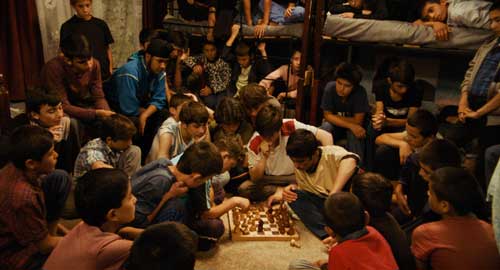
I think Afghanistan is a rich county in terms of stories and it deserves to be portrayed better.” – Shahrbanoo Sadat
How do you feel about that? Do you believe the recent ceasefire will have any impact on women’s rights?
I believe not only women but the entire country will go down with that ceasefire. I am absolutely against it. Anyone with a brain should be against it. Afghanistan experienced the Taliban between 1996-2001. Everyone knows their mentality. They want one thing and that’s an Islamic emirate. With that one single thing, human rights, freedom of speech, civilization, modernity, education, everything vanishes. God! They cannot even talk properly. They have no sense of how to engage in a conversation. They only speak about what they want and they do not want to listen. Watch their videos. The US is giving them credit by accepting all their conditions. The Afghan government is not part of that negotiation. The negotiation is between the US and the Taliban. The US wants to leave and hand the country to the Taliban.
How difficult is it to get funding for important movies like The Orphanage?
The Orphanage and my debut film, Wolf and Sheep, both got finance through international funding and the European fund system as I am working together with a German/Danish producer. We have been working with co-production and we could get money from there as well.
There is no funding system or any state fund in Afghanistan. The importance of culture and cinema are invisible to many people there. At the moment, I am the only filmmaker from Afghanistan who lives there and is still carrying an Afghanistan passport. I am able to finance my movies through international funding in Europe and all over the world. Afghanistan hardly produces even one film per year. Filmmakers are making mostly short films or documentaries with their own budgets. I am really grateful that I have the chance to work with international producers and crews. And I think co-production MUST be the solution for Afghan filmmakers. There is a cultural mafia in Afghanistan that makes everything very hard, especially for the ones who are not part of it.
Where can audiences see Wolf and Sheep and The Orphanage now?
The Orphanage is almost global via Mubi. Wolf and Sheep is on Amazon for those living in England. It’s also online for people in Denmark. It’s on DVDs and in libraries for people living in Germany. When I finish the pentalogy, I can put the five films on YouTube or Netflix or any other platform that is accessible to the public. And then there’s google. If the film is premiered or played in a country, people can find it somewhere on the internet.
(Photos are courtesy of Virginie Surdej)
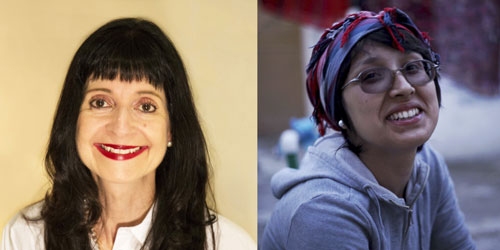
C.M. Rubin and Shahrbanoo Sadat
Thank you to our 800 plus global contributors, artists, teachers, entrepreneurs, researchers, business leaders, students and thought leaders from every domain for sharing your perspectives on the future of learning with The Global Search for Education each month.
C. M. Rubin (Cathy) is the Founder of CMRubinWorld, an online publishing company focused on the future of global learning, and the co-founder of Planet Classroom. She is the author of three best-selling books and two widely read online series. Rubin received 3 Upton Sinclair Awards for “The Global Search for Education.” The series, which advocates for Youth, was launched in 2010 and brings together distinguished thought leaders from around the world to explore the key education issues faced by nations.
Follow C. M. Rubin on Twitter: www.twitter.com/@cmrubinworld

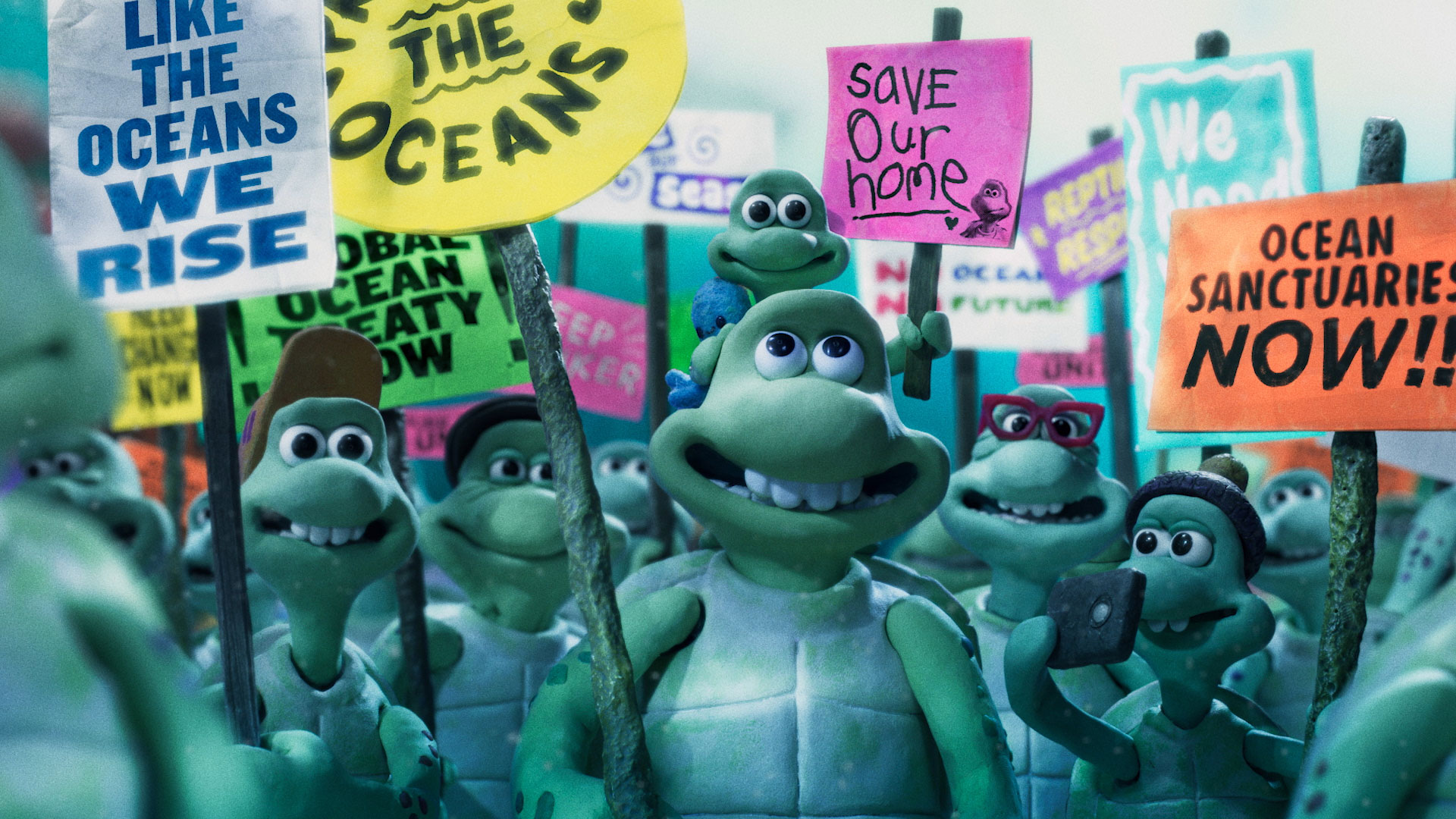
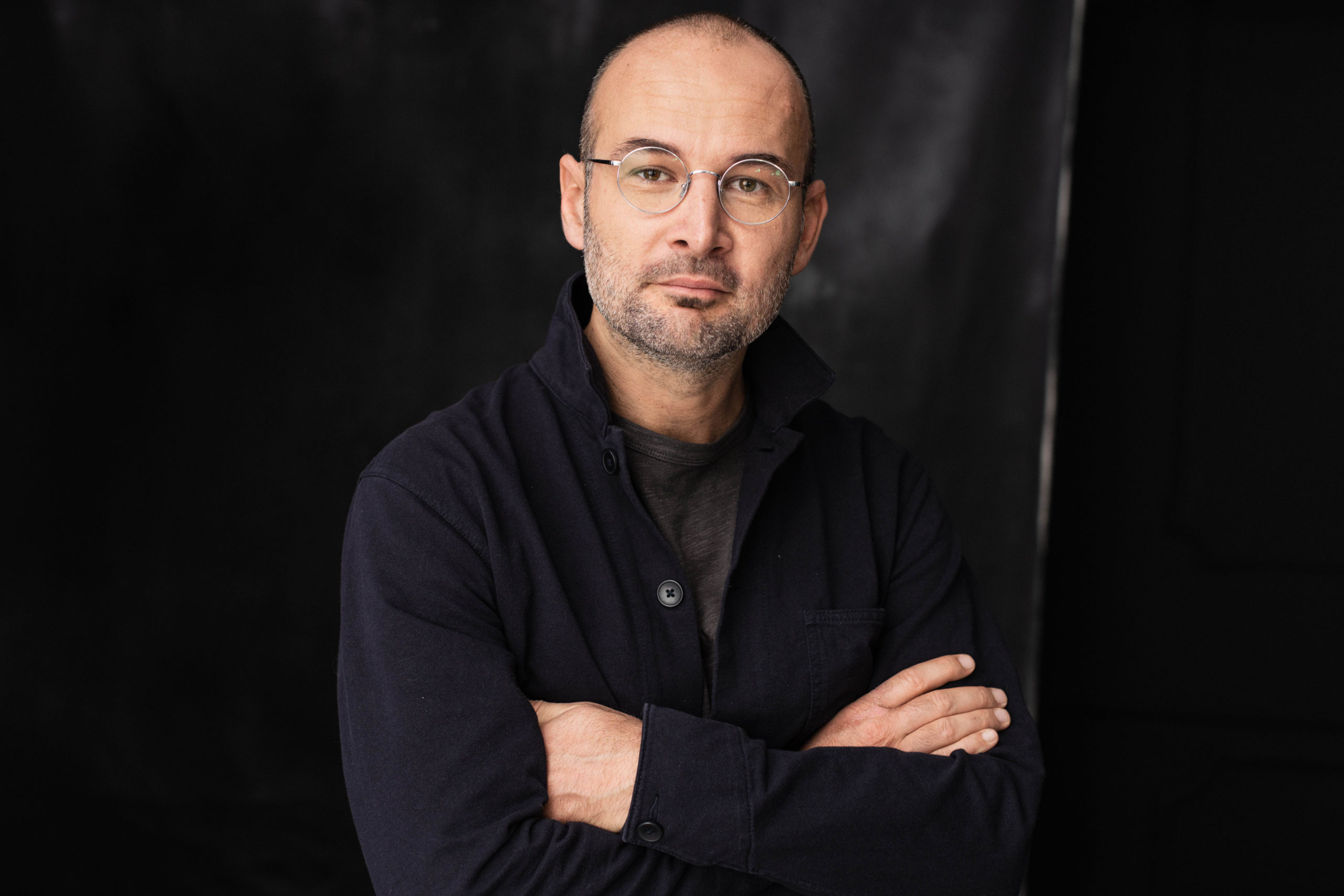

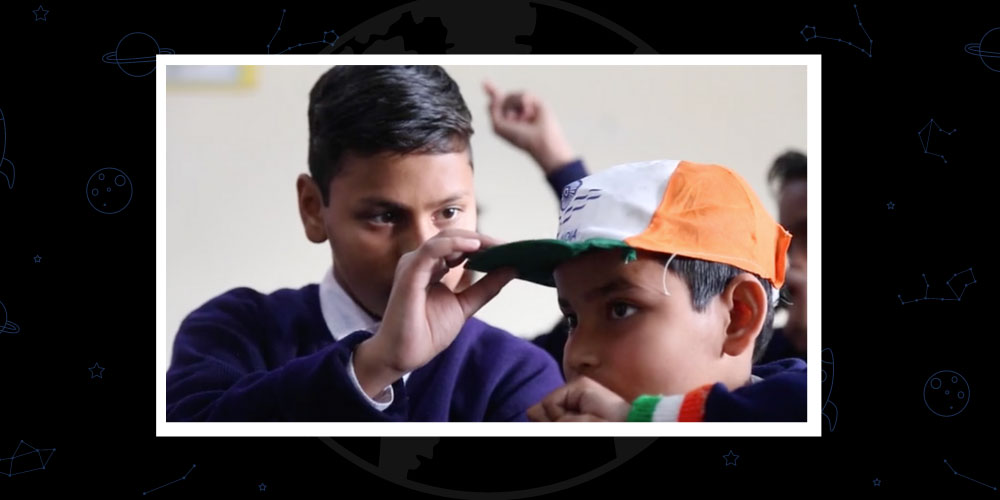
Recent Comments